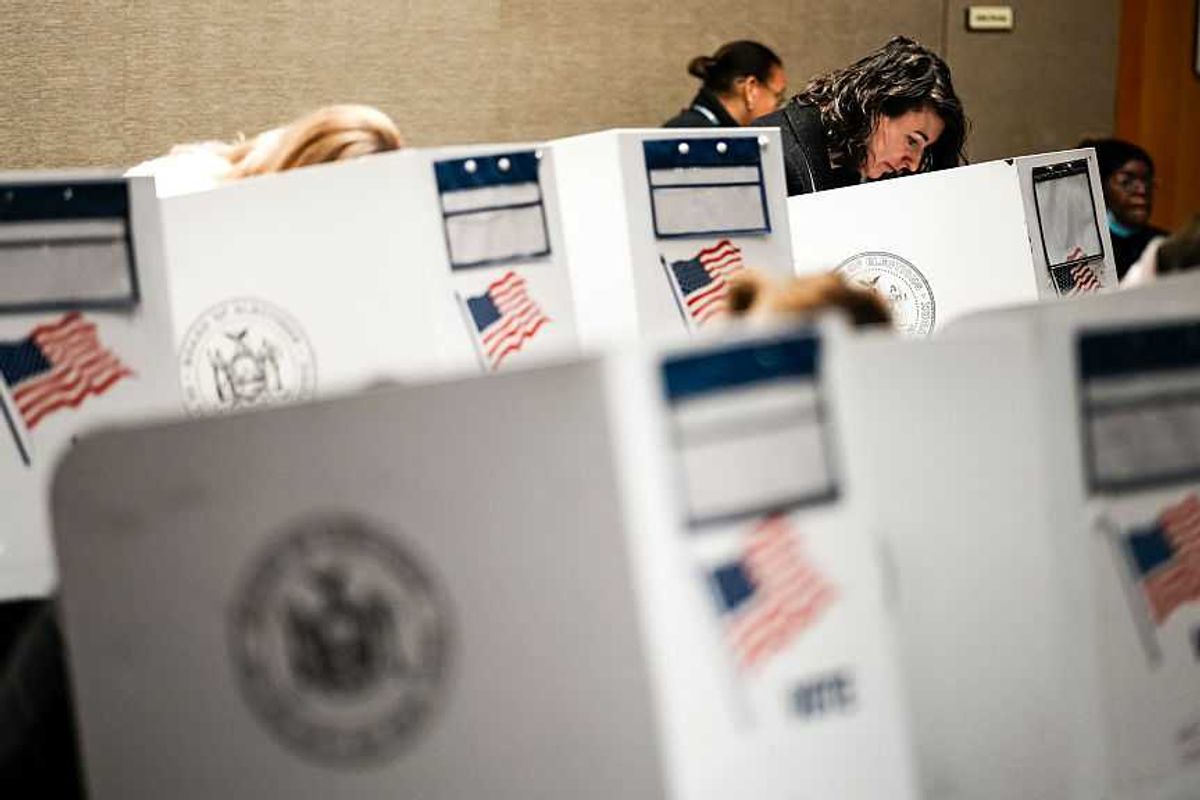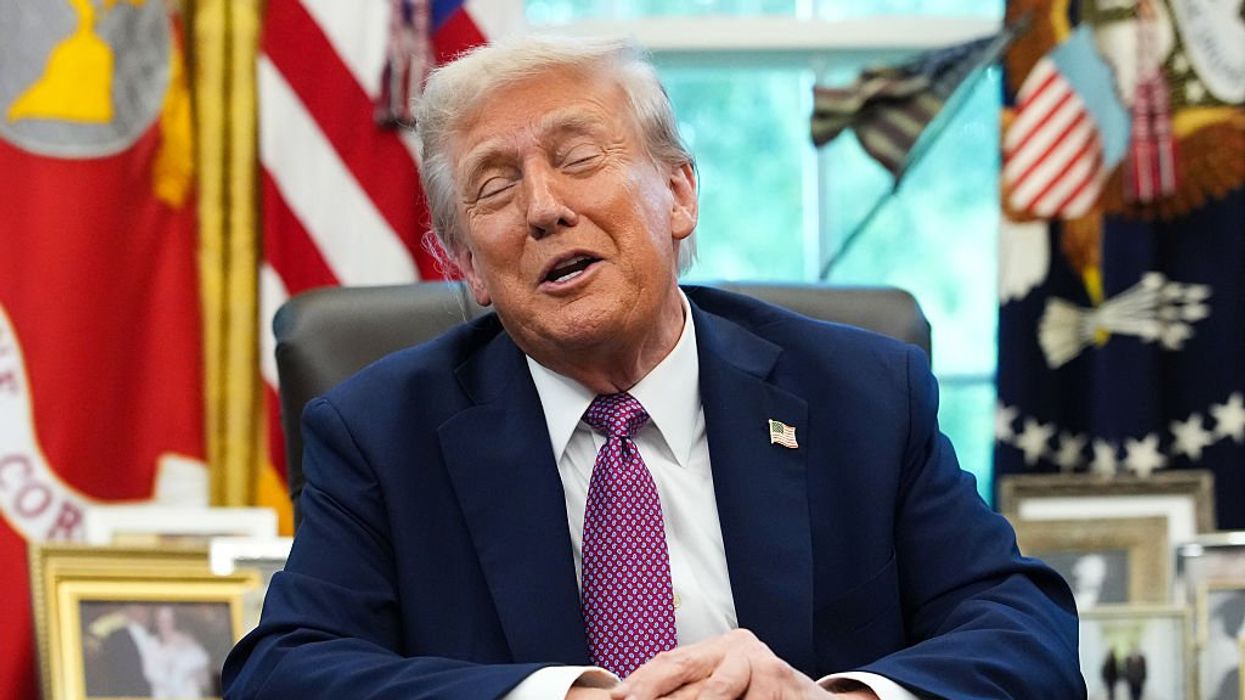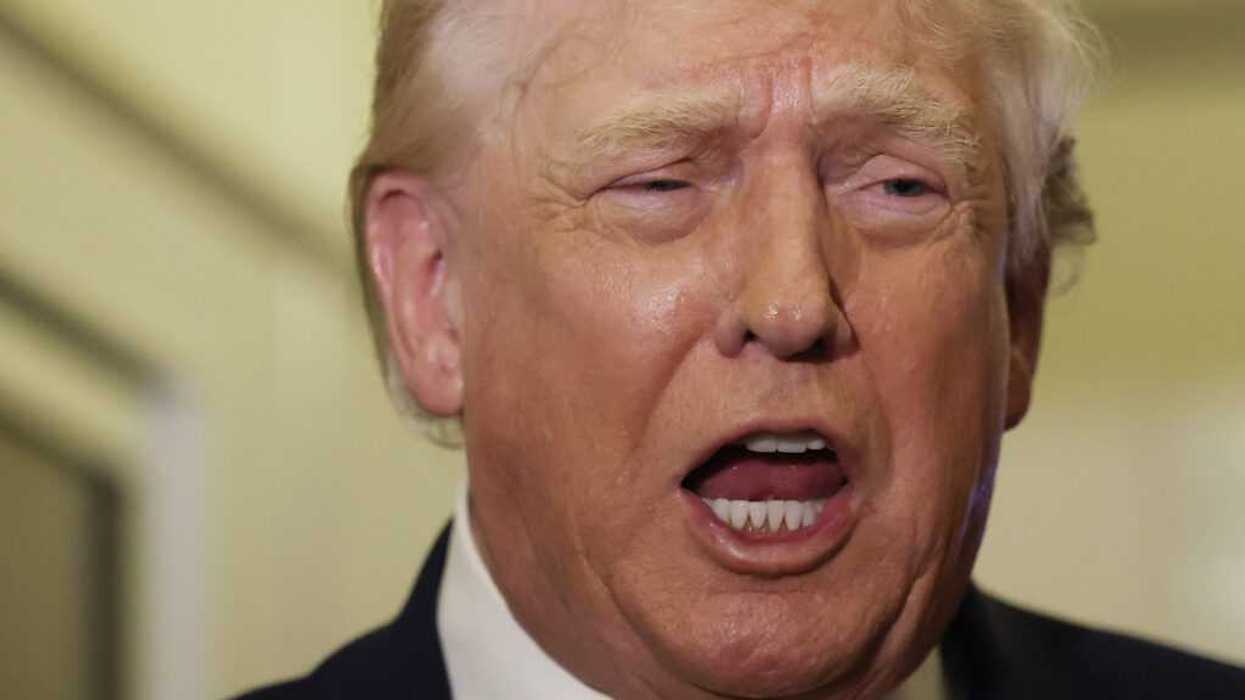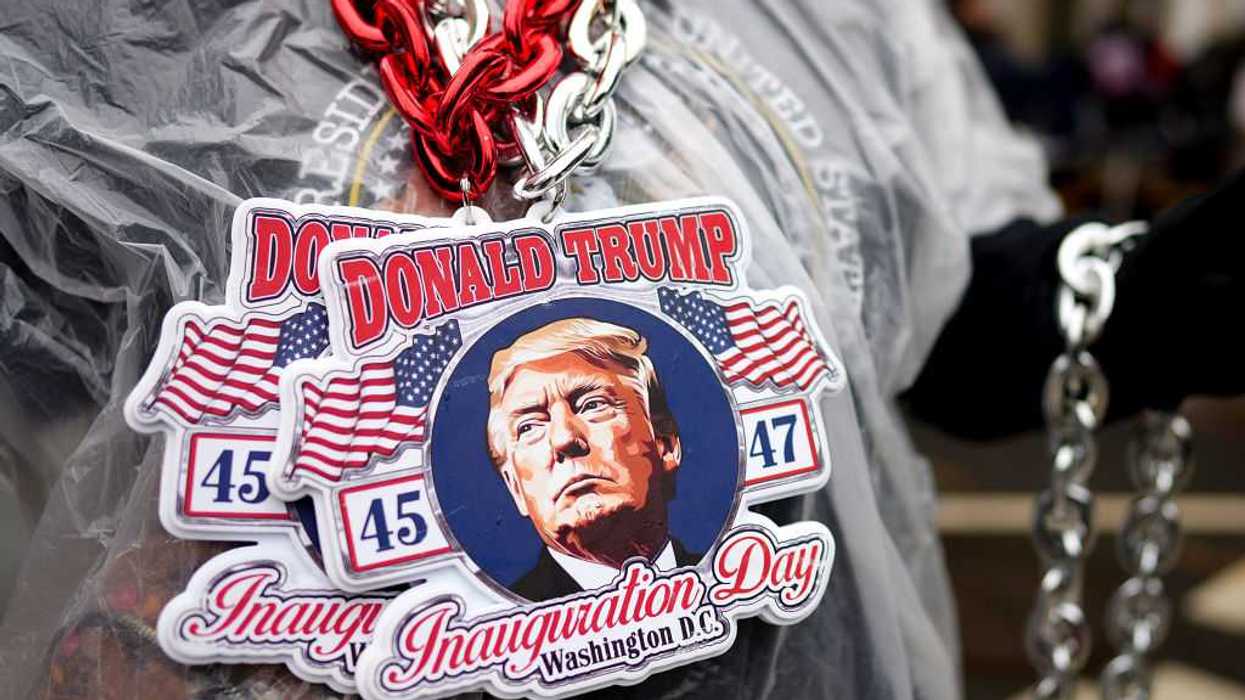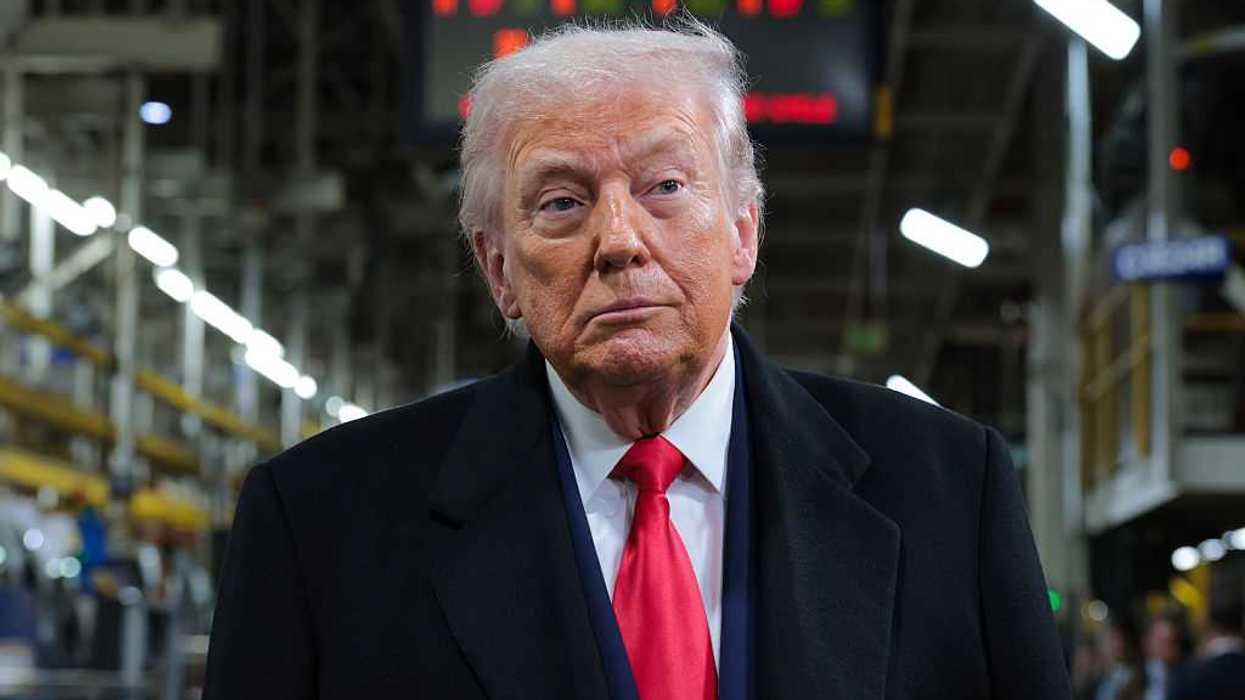In the theater of American politics, promises are political capital. Most politicians make promises cautiously, knowing that if they fail to fulfill them, they will be held accountable
But Donald Trump has rewritten the script. He repeatedly offers sweeping vows, yet the results often don't follow; somehow, he escapes the day of reckoning.
How can that be?
Examples are abundant. From pledging to end the war in Ukraine "before taking office" to claiming he alone could denuclearize North Korea. And what is particularly unique is that Trump's declarations are rarely modest. Yet for some inexplicable reason, when his outcomes fail or when summits stall, walls remain unfunded, or health care reform collapses, he magically pivots, reframes, or moves on.
Through 12 years of Donald Trump, the spectacle continues, uninterrupted and many of us drown unfulfilled promises. The outrage and emotional venting flood the media, but strategic analysis is what the moment demands.
First, let's face the facts. Trump's actions are not just political bravado. His actions are a strategic recalibration of how promises function in public life that the opposition has not fully come to terms with.
With respect to the political calculus, it is essential to understand that Trump's supporters often don't measure him by policy outcomes, but rather by his emotional resonance. Those who voted for him didn’t do so just to see him manage effectively; he's a symbol of defiance, dominance, and disruption and as such results sometimes fall by the wayside. In this frame, broken promises aren't failures; they're part of the process of fighting "the swamp."
Donald Trump is a cult figure and thus success is measured by different standards.
Additionally, Trump's understanding of media saturation plays to his advantage. Trump floods the daily news cycle with constant messaging, burying yesterday's unmet pledge under today's provocation. The news cycle rarely lingers long enough for sustained accountability. And in a fragmented media landscape, tribal loyalty often trumps factual scrutiny. This all plays into the chaos theory that I have previously written about in the Fulcrum.
The ultimate cost to our democratic republic remains to be seen. When symbolic politics eclipse substantive governance, public trust erodes. Ultimately will the electorate care? Traditional theory suggests that success in politics is dependent on fulfilling promises and that words matter, and leaders are accountable to them. If that expectation collapses, we risk replacing deliberation with performance and policy with personality.
Will this traditional theory of accountability collapse under the weight of Trump's theatre? For the short term, it has, but the long-term ability for Trump to avoid accountability remains unclear. Historically, Americans tend to separate charisma from competence and when they do they demand accountability.
Of course, I might be old-fashioned in my thinking, believing that honest politics matters. Yet it is my faith in the American people that gives me hope anchored by civic awareness, a diligent media, and just basic common sense.
Whether I am a blind optimist or a fool will be apparent within the next three and a half years.
David Nevins is the publisher of The Fulcrum and co-founder and board chairman of the Bridge Alliance Education Fund.


